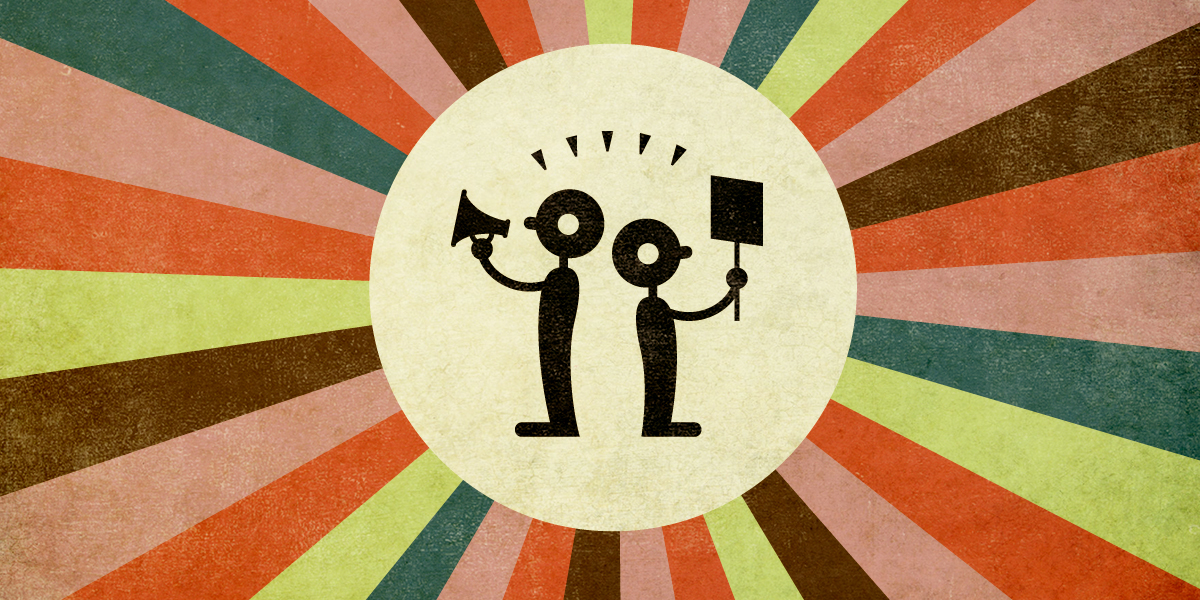The Atlanta Police Department has been snooping on social media to closely monitor the meetings, protests, canvassing–even book clubs and pizza parties–of the political movement to stop “Cop City,” a police training center that would destroy part of an urban forest. Activists already believed they were likely under surveillance by the Atlanta Police Department due to evidence in criminal cases brought against them, but the extent of the monitoring has only just been revealed. The Brennan Center for Justice has obtained and released over 2,000 pages of emails from inside the Atlanta Police Department chronicling how closely they were watching the social media of the movement.
You can read all of the emails here.
Atlanta is one of the most heavily surveilled cities in the United States.
The emails reveal monitoring that went far beyond when the department felt that laws might have been broken. Instead, they tracked every event even tangentially related to the movement–not just protests but pizza nights, canvassing for petition signatures, and reading groups. This threatens people’s ability to exercise their first-amendment protected right to protest and affiliate with various groups and political movements. The police overreach in Atlanta will deter people from practicing their politics in a way that is supposed to be protected in the United States.
To understand the many lines crossed by the Atlanta Police Department’s high-tech spying, it’s helpful to look back at the efforts to end political spying in New York City. In 1985, the pivotal legal case Handschu v. Special Services Division yielded important limits, which have been strengthened in several subsequent court decisions. The case demonstrated the illegality of police spying on people because of their religious or political beliefs. Indeed, people nationwide should have similar protections of their rights to protest, organize, and speak publicly without fear of invasive surveillance and harassment. The Atlanta Police Department’s use of social media to spy on protesters today echoes NYPD’s use of film to spy on protesters going back decades. In 2019, the New York City municipal archives digitized 140 hours of NYPD surveillance footage of protests and political activity from the 1950s through the 1970s. This footage shows the type of organizing and protesting the APD is so eager to monitor now in Atlanta.
Atlanta is one of the most heavily surveilled cities in the United States. According to EFF’s Atlas of Surveillance, law enforcement in Atlanta, supported financially by the Atlanta Police Foundation, have contracts to use nearly every type of surveillance technology we track. This is a dangerous combination. Worse, Atlanta lacks laws like CCOPS or a Face Recognition Ban to rein in police tech. Thanks to the Brennan Center, we also have strong proof of widespread social media monitoring of political activity. This is exactly why the city is so ripe for legislation to impose democratic limits on whether police can use its ever-mounting pile of invasive technology, and to place privacy limits on such use.
Until that time comes, make sure you’re up to speed on EFF’s Surveillance Self Defense Guide for attending a protest. And, if you’re on the go, bring this printable pocket version with you.












